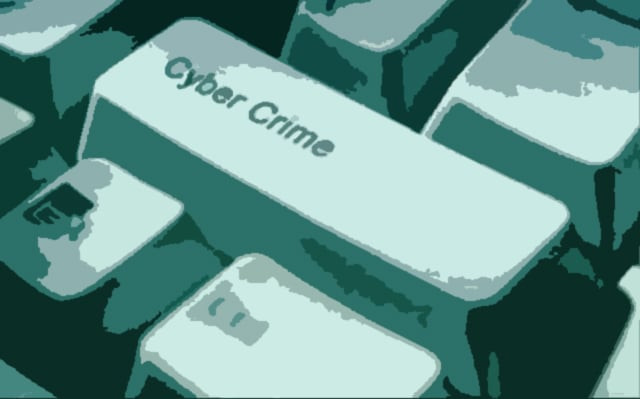A dangerous Bill
The Bill is a loosely worded catch-all that has the potential to criminalise a large swathe of online population

The Prevention of Electronic Crimes Bill 2015 effectively provides carte blanche to the government when it comes to deciding what can and cannot be seen or said on the internet. STOCK IMAGE
Civil society groups have fought the Bill all the way but with little success, and PML-N parliamentarians have clearly had the bit between their teeth, spotting an opportunity to muzzle free speech under the guise of acting in the public good. The Minister of State for Information Technology and Telecommunication, Anusha Rahman, tells us that “safeguards have been ensured against any possible misuse. There is no substance in the criticism.” This is something extremely hard to believe. A Bill such as this is little more than licence to abuse, and there is no doubt that officials in a range of departments are rubbing their hands in glee at the opportunities the Bill offers.
The Bill is a loosely worded catch-all that has the potential to criminalise a large swathe of online population. Parliamentarians appear to have done little by way of challenging the Bill as evidenced by the fact that few attended the parliamentary panel convened to debate the Bill on April 16. The critics of the Bill — the media, civil society organisations and NGOs with a civil liberties agenda, have all been either ignored or sidelined. The Bill is worded in such a way that even the most innocent of academics, researchers, members of the legal community and all of the print and electronic media may find themselves on the wrong side of the law. The state already has sweeping powers of control over internet access which it uses in the most arbitrary manner, but the new Bill ‘personalises’ state actions in a way that targets the individual.
Ms Rehman must be extremely gullible if she thinks — and she apparently does — that this new legislation is going to “win over” Google and persuade it to develop a localised business model that will allow the unblocking of YouTube. Indeed, given the repressive nature of the legislation, we feel the reverse may be true and Google would have no interest in supporting legislation that explicitly limits freedom of speech. The Bill is going to impact every aspect of online life. Political criticism and expression may be targeted. Blogs deemed unsuitable will be taken down and their authors prosecuted, perhaps finding themselves jailed for up to four years. Caricatures, cartoons and memes are in the frame for deletion and prosecution, as are hackers who have academic purposes as they seek to identify security flaws in online systems. Wayward and mischievous teenagers who for a mere prank hacking websites, are going to be future criminals, tagged as cyber-terrorists.
Many PML-N legislators have lauded the Bill, one going so far as to say that “we should trust our institutions that they will not misuse this new legislation”. Why would the people of Pakistan do that when there is ample evidence that the institutions of state have proved themselves devious to a fault, duplicitous, underhanded, grossly inefficient and massively corrupt from top to bottom? The people of Pakistan have no more reason to trust the institutions of state in regard to this Bill than they do any other piece of legislation, be it controversial or otherwise. There is no substantive evidence that the new Bill would counter terrorism or fight crime, and this is a bad piece of legislation. Pakistan just became a little darker.
Published in The Express Tribune, April 19th, 2015.
Like Opinion & Editorial on Facebook, follow @ETOpEd on Twitter to receive all updates on all our daily pieces.















COMMENTS
Comments are moderated and generally will be posted if they are on-topic and not abusive.
For more information, please see our Comments FAQ